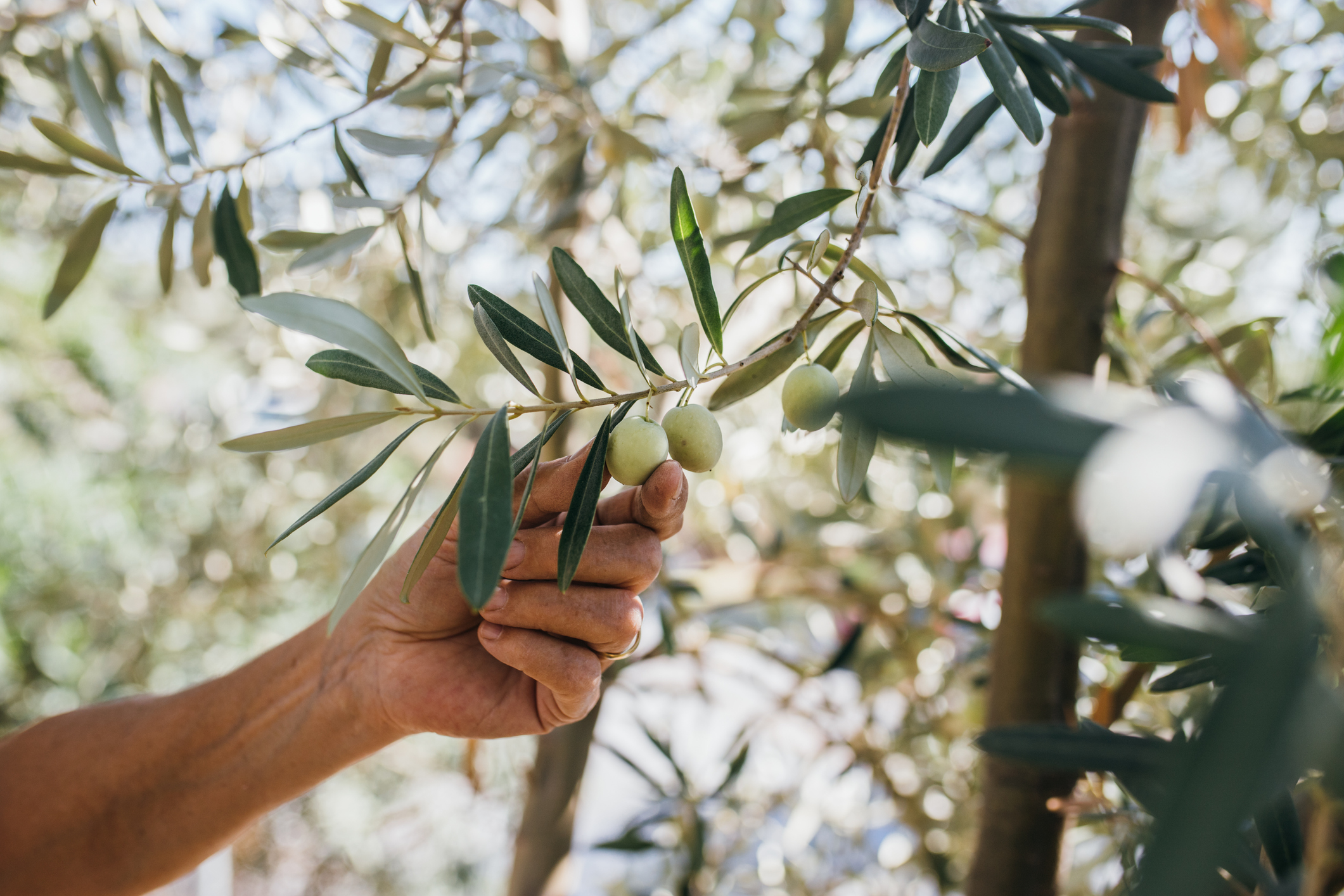Strides towards sustainability for Jordan’s olive oil

5 October 2022: Amman, Jordan. The European Bank for Reconstruction and Development (EBRD) and the Food and Agriculture Organization of the United Nations (FAO) in collaboration with the Ministry of Agriculture (MoA) today convened a workshop, focusing on ensuring the sustainability of Jordan’s vital olive oil industry, from tree to bottle.
Jordan’s 3000 year old olive groves – some of the oldest and finest in the world – are increasingly threatened by climate change and water scarcity.
This workshop ‘Fostering the development of the olive oil sector in Jordan: pathways towards sustainability’ was the culmination of more than three years of support, which has strengthened skillsets for small businesses and producers, and boosted local and national government capacity, with the aim to build a more productive, competitive, sustainable and resilient olive oil sector in Jordan.
The workshop was held under the patronage of His Excellency Eng. Khaled Al-Hunaifat, Minister of Agriculture, and financed by the European Union through the EBRD’s Trade and Competitiveness Programme, which aims to enhance the competitiveness of small and medium enterprises (SMEs). It was attended by partners and key industry players.
Engineer Ali Abunukta, Advisor to the Minister of Agriculture and Jordan Agriculture Engineers Association President, delivered a speech on behalf of His Excellency. He said, “Securing a sustainable future for the olive oil industry in Jordan is vitally important culturally and economically. Together with our partners we are supporting producers, and helping small and medium-sized businesses succeed by maximising quality and promoting resilient production in the face of climate change and environmental challenges.”
An estimated 80 000 agricultural workers depend on olive oil production for their livelihoods in Jordan. Olive trees cover around 25 percent of the total cultivated area and account for 73 percent of all fruit trees planted in the country. Over the last decade, olive oil production averaged 23 000 tonnes annually with sales mainly to domestic markets.
Yet, this valuable sector faces major challenges, including high production and operational costs, increasingly erratic climate conditions, water scarcity and growing international competition.
While olive trees benefit from natural resilience to hot and dry conditions, developing the sector requires investment in infrastructure and capacity to increase productivity, align product quality with international standards, and maximize the visibility of Jordan’s olive oil on international markets.
‘Fostering the development of the olive oil sector in Jordan: pathways towards sustainability’ was an opportunity for international and national experts from the public and private sectors to highlight innovative ideas and technologies to enhance olive oil productivity, quality and efficiency along the value chain.
Furthermore, the workshop showcased findings from an upcoming EBRD-FAO value chain study which looks at opportunities to advance the olive oil sector in Jordan through investment and innovation slated for publication in early 2023.
To date, under the EBRD-FAO Cooperation Programme, and with the support from EBRD’s Trade and Competitiveness Programme, over 90 olive oil producers, farmers, millers, oil producers and agro-engineers in Jordan have been trained to increase their yields, and enhance product competitiveness and quality.
An ongoing training series is empowering millers, farmers and agro-engineers from the MoA with the latest knowledge and innovation in milling, manufacturing and sustainable agriculture practices. Building on knowledge and best practices gathered from within the region, and from Morocco in particular, these comprehensive training materials are available for free online.
More information:
EBRD-FAO Cooperation Programme in the olive oil sector in Jordan
EBRD is collaborating with FAO to support the olive oil sector in Jordan through: facilitating evidence-based policy dialogue on policy priorities and investments to improve the sector; developing technical capacity to increase SME competitiveness and productivity; building institutional capacity to enhance sector performance and trade and; enhancing product quality and standards. The Programme is collaborating with various national and international stakeholders, including the Olive Oil Directorate in the Ministry of Agriculture of the Hashemite Kingdom of Jordan, the Jordan Olive Producers and Exporters Association (JOPEA), and the General Syndicate of Jordanian Olive Oil Mills Owners and Olive Producers.
EBRD’s EU Trade and Competitiveness Programme
The EU Trade and Competitiveness Programme is implemented by the EBRD and financed by the European Union (EU). The EBRD works with small and medium-sized businesses (SMEs) operating in various value chains in Egypt, Jordan, Morocco and Tunisia to support their competitiveness and growth by strengthening product quality and adding value, improving standards and creating an enabling environment for exports. Working with aggregators under the Programme can drive the value chain towards improvements and can help its SME suppliers to become more competitive.
Contact: Dima Alkhayaat, [email protected]
